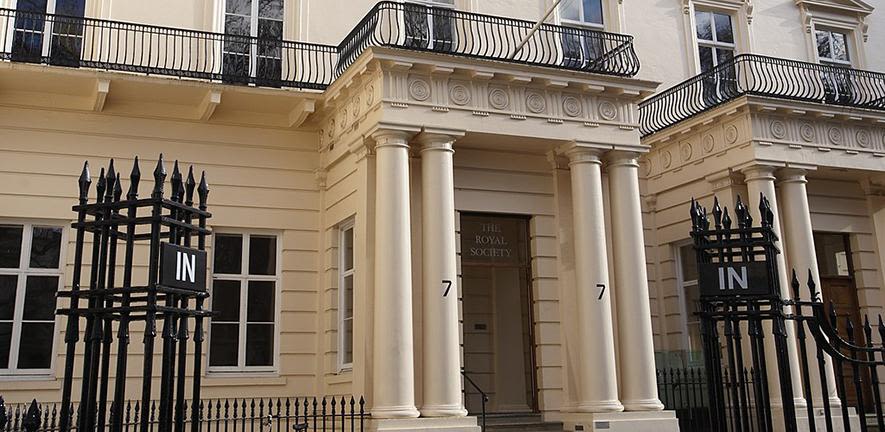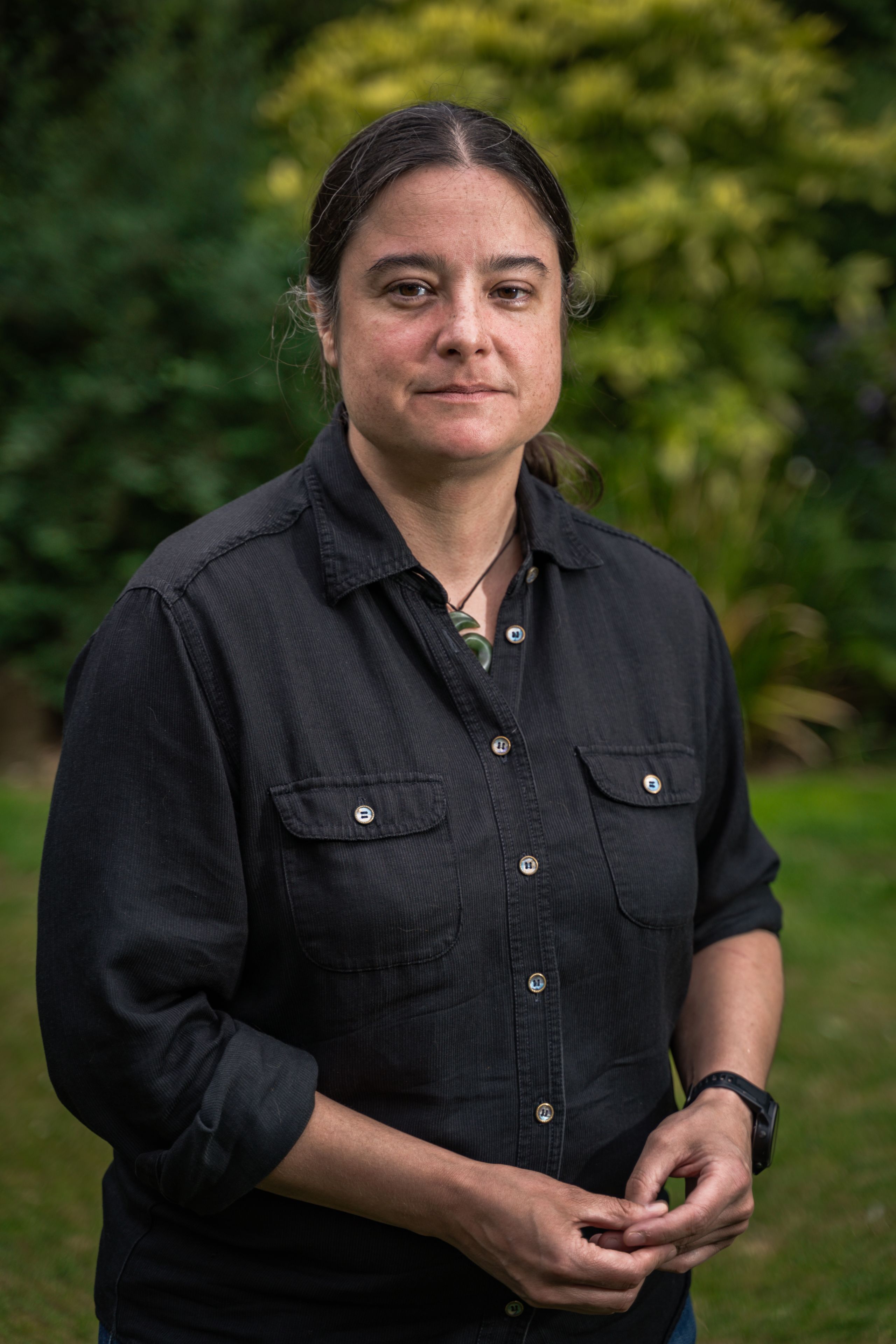Professor Julia Gog receives prestigious Royal Society Award

Many congratulations to Professor Julia Gog, who has been awarded the Rosalind Franklin Award and Lecture for her achievements in the field of mathematics.
Professor Gog, of the Department of Applied Mathematics and Theoretical Physics and David N. Moore Fellow at Queens' College, is an expert in infectious diseases and virus modelling. As such, she has recently been contributing to the pandemic response, including as a participant at SAGE meetings.
The project component of her award will produce resources for Key Stage 3 (ages 11-14) maths pupils and teachers exploring the curriculum in the context of modelling epidemics and infectious diseases and showing how maths can change the world for the better.
“I’m delighted and excited by this award from the Royal Society. It will enable us to work with the Millennium Mathematics Project to develop resources for use in schools on infectious disease modelling. We came up with this proposal before COVID-19, but of course it’s all the more pertinent now. We can show school students how mathematics can connect up with doing good in the world. And of course by them seeing the mathematicians and scientists involved with this directly, I am sure it will challenge preconceptions of who STEM researchers are.”
Professor Gog was featured in the University of Cambridge CAM Magazine last month in a feature on Responding to Covid-19. You can also catch Professor Gog in the Channel 4 documentary 'Race Against the Virus: Hunt for a Vaccine', which first aired yesterday evening but is available now on catch-up.
Photograph right credit to Lionel D'Souza.

She joins eight other Cambridge researchers honoured in these awards:
- Alan Fersht FMedSci FRS, Department of Chemistry, and Gonville and Caius College, receives the Copley Medal. He has developed and applied the methods of protein engineering to provide descriptions of protein folding pathways at atomic resolution, revolutionising our understanding of these processes.
- Professor Barry Everitt FMedSci FRS, Department of Psychology and Downing College, receives the Croonian Medal and Lecture. He has elucidated brain mechanisms of motivation and applied them to important societal issues such as drug addiction.
- Professor Herbert Huppert FRS, Department of Applied Mathematics and Theoretical Physics, and King’s College, receives the Royal Medal A. He has been at the forefront of research in fluid mechanics. As an applied mathematician, he has consistently developed highly original analysis of key natural and industrial processes.
- Professor Clare Grey FRS, Department of Chemistry and Pembroke College, receives the Hughes Medal, for her pioneering work on the development and application of new characterization methodology to develop fundamental insight into how batteries, supercapacitors and fuel cells operate.
- Professor Daniel Wolpert FMedSci FRS, Department of Engineering and Trinity College, receives the Ferrier Medal and Lecture, for ground-breaking contributions to our understanding of how the brain controls movement. Using theoretical and experimental approaches, he has elucidated the computational principles underlying skilled motor behaviour.
- Sir David Spiegelhalter OBE FRS, Winton Centre for Risk and Evidence Communication and Churchill College, receives the Michael Faraday Prize and Lecture for bringing key insights from the disciplines of statistics and probability vividly home to the public at large, and to key decision-makers, in entertaining and accessible ways, most recently through the COVID-19 pandemic.
- Professor Zoubin Ghahramani FRS, Department of Engineering and St John’s College, receives the Milner Award and Lecture, for his fundamental contributions to probabilistic machine learning.
- Professor Stephen Jackson FMedSci FRS, Gurdon Institute, Department of Biochemistry, receives the Royal Society Mullard Award, for pioneering research on DNA repair mechanisms and synthetic lethality that led to the discovery of olaparib, which has reached blockbuster status for the treatment of ovarian and breast cancers.
The full list of medals and awards, including their description and past winners, can be found on the Royal Society website.
Adapted from a Royal Society and Cambridge University press release.
